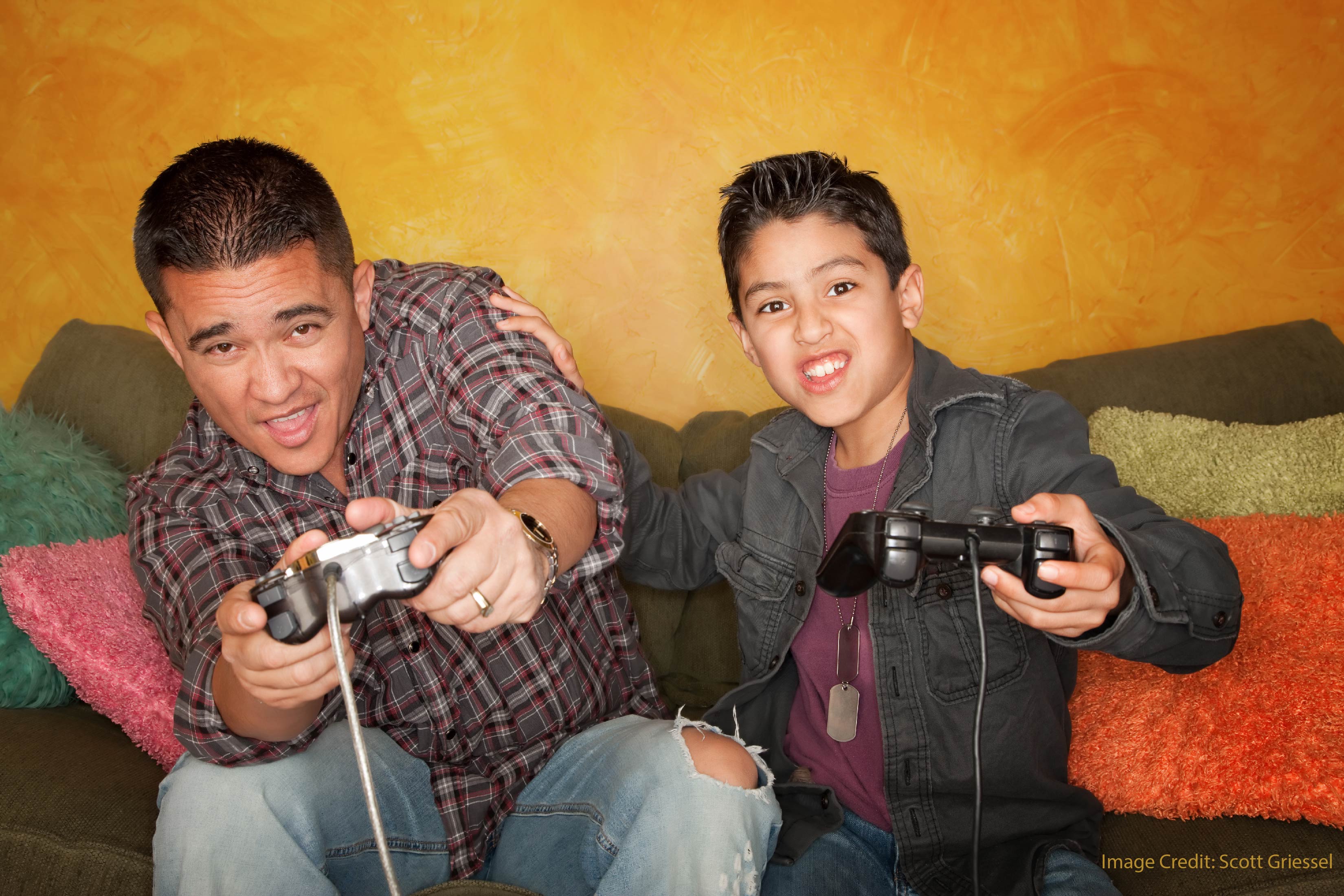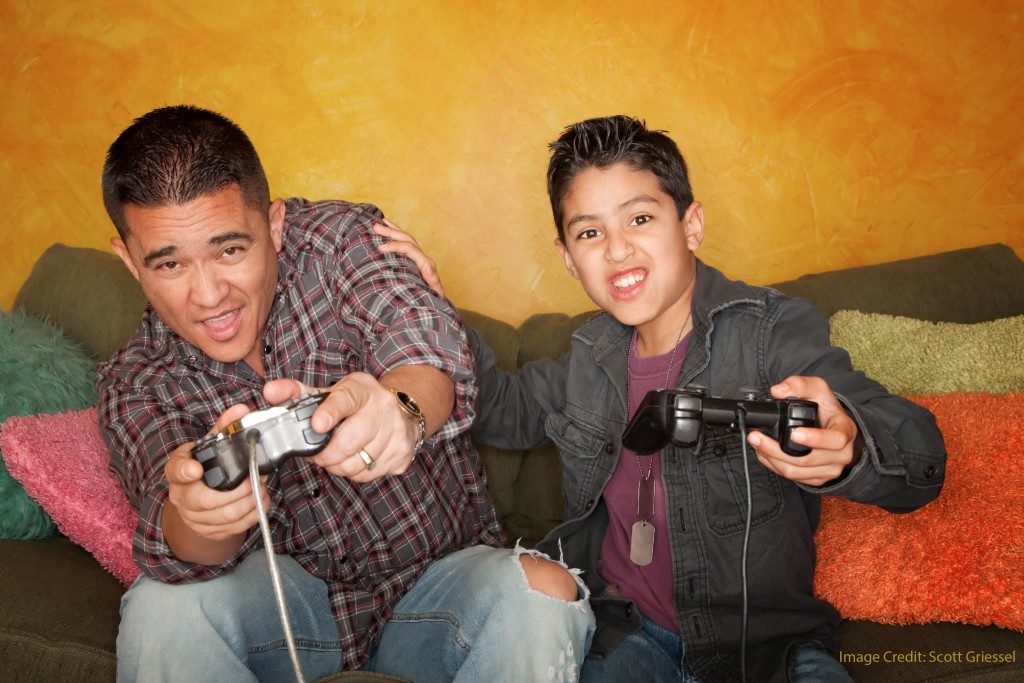
Many teachers I know are baffled by the attraction of video games; some are heartily disgusted by them. (A few play them on the sly, but…ahem…no identities revealed here.)
Even if you don’t have much patience with video games yourself, you can still ask yourself this question: could they help us understand how our students learn?
After all, the many hours (and hours) that people devote to online gaming create vast quantities of data. Researchers can use those data to understand the habits that lead to the greatest improvement for the most number of people.
Well: researchers at Brown University have done just that. By studying two online games–Halo Reach and StarCraft 2–Jeff Huang and his intrepid crew have reached two quite helpful conclusions about this particular kind of learning.
It’s All in the Timing
If we want our students to learn a complex process, clearly practicing helps. And, presumably, more practice is better than less. No?
No. (Or, not exactly…)
Huang’s team found that the people who played the most Halo weren’t the people who improved the fastest. Instead, the players who took some time off — playing roughly once every other day, rather than every day or multiple times a day — raised their score most quickly.
If you’ve spent any time in Learning and the Brain world, you have heard about the spacing effect: practice spread out over time produces greater learning that lots of practice done all at once. (For just one example, see this article.)
Huang’s research in video games falls nicely into this pattern, but gives it an extra twist.
The spacing effect suggests that, if you’re going to play Halo 20 hours this week, you’ll improve faster if you spread those hours out than if you play them all in a row.
Huang’s research suggests that, if you want to improve quickly, you’re better off playing fewer hours with breaks in between sessions than more hours all at once.
In the classroom, this finding suggests that my students are better off practicing problems using the inscribed angle theorem with fewer, well-spaced problems than with more, rapid-fire problems.
It’s Also in the Warm Up
When the researchers turned their attention to StarCraft 2, they asked different questions and got usefully different answers.
In StarCraft (I’ve never played, so I’m taking the authors’ word for this), a player must control many units at the same time–sometimes issuing up to 200 commands per minute to execute effective strategy.
To simplify these demands, players can assign ‘hotkeys’ and thereby command many units with one button.
Huang’s team found that the best players used hotkeys more than others. And, even more interesting, they “warmed up” using hotkeys at the beginning of the game when they didn’t yet have many units to command.
In other words: even when they didn’t have complex cognitive work right in front of them, they were already stretching the necessary cognitive musculature to have it ready when it was needed.
This “cognitive warm up” behavior strikes me as a potentially very useful. When students do very simple problems–like the early StarCraft game without many units–they can already push themselves to think about these problems in complex ways.
If it’s easy to spell the word “meet,” you might encourage your students to think of other words that have a similar sound but are spelled differently: “heat,” “wheat,” “cheat.”
If it’s easy to find the verb in a sentence (“The porcupine painted the tuba a fetching shade of puce”), students might ask themselves if that sentence has an indirect object.
In each of these cases, students can use a relatively simple cognitive task as an opportunity to warm up more complex mental operations that will be coming soon.
The Bigger Picture
While I hope these specific teaching strategies might be useful to you, I also think there’s a broader point to make:
Teaching is fantastically complicated because learning is fantastically complicated–at least, much of school learning is. For that reason, teachers can use all the wise guidance we can get–from psychologists, from neuroscientists, and…yes…from video-game players.





